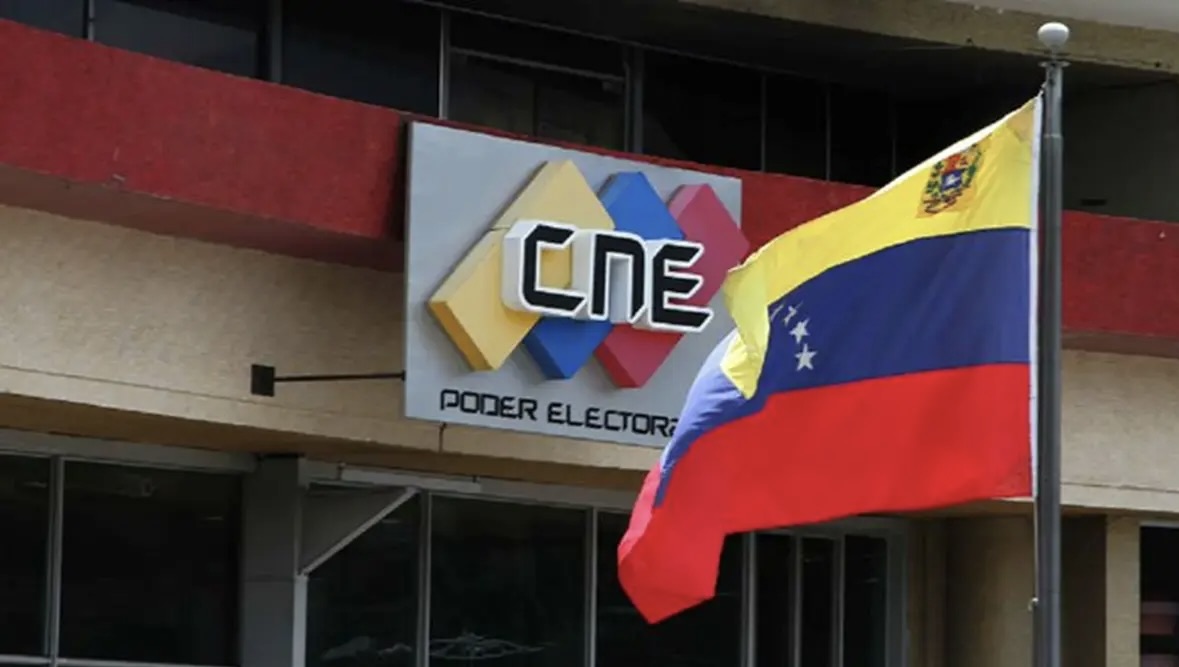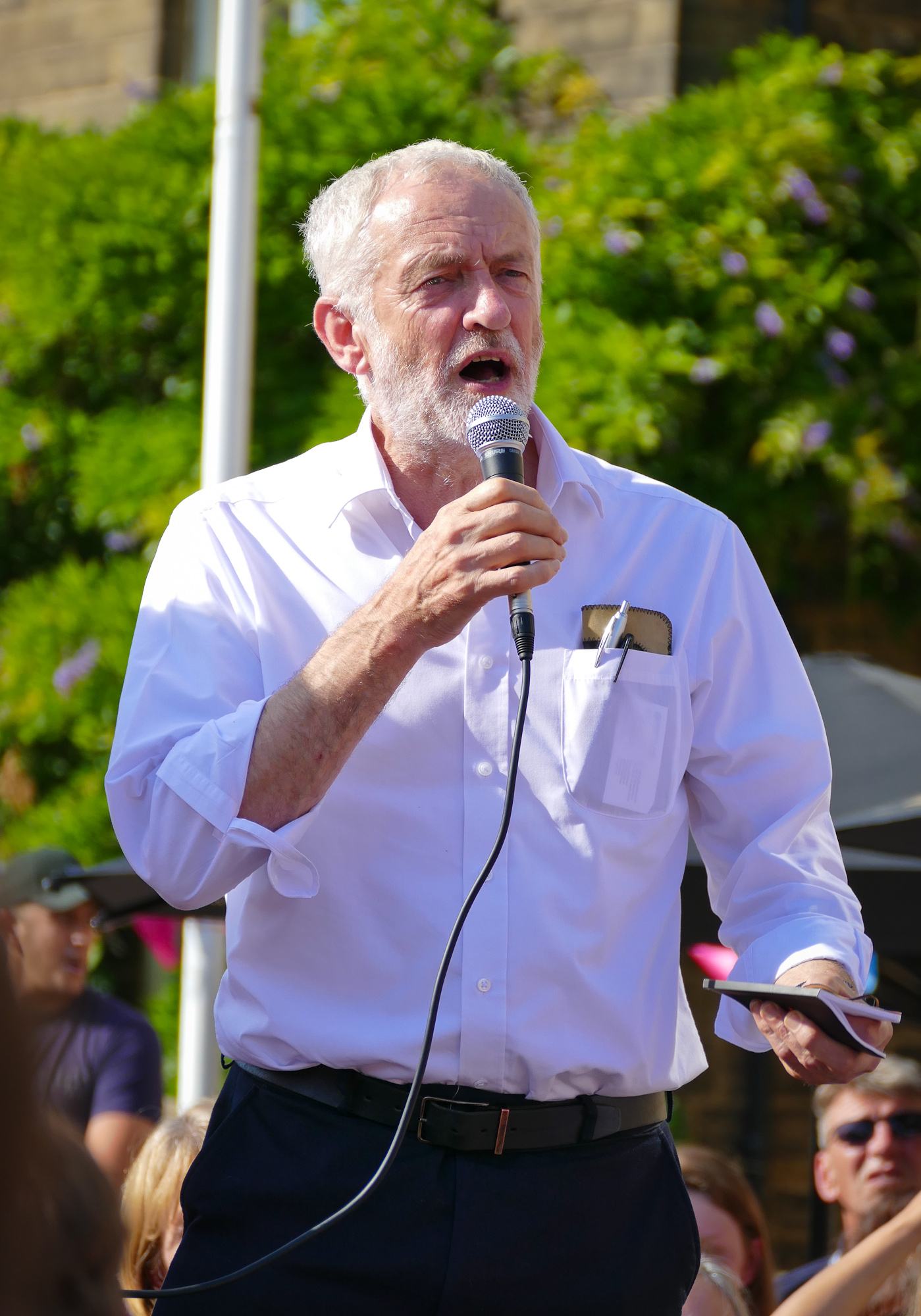Venezuela’s electoral authority debunks “vote rigging” narrative ahead of Sunday’s presidential elections
Original article republished from peoples dispatch under a Creative Commons Attribution-ShareAlike 4.0 (CC BY-SA) license.

In the week ahead of Venezuela’s presidential elections, the National Electoral Council met with international electoral observers and representatives from all political parties
The Venezuelan National Electoral Council (CNE) announced on Monday July 22 that all the electoral machines that will be used in the elections on Sunday, July 28 have been distributed. With this, the president of the CNE, Elvis Amoroso assured that the machines that will be used in Sunday’s elections have been reviewed by representatives of the political organizations.
“Witnesses from political organizations were present at the event to verify the operation of each of the telecommunications devices involved in the process of transmitting results and ensuring the network used by the CNE,” said Amoroso, at a press conference.
Amoroso also said that the representatives of the political parties that will participate in the elections were able to verify the security codes as well as the functioning of the software to be used by the machines. The CNE thus seeks to guarantee the integrity of the elections and to safeguard the decision of the voters of the Caribbean country.
On the other hand, in its eagerness to cover the election with greater international confidence, the CNE accredited several international observers such as the Carter Center of the United States, the Council of Electoral Experts of Latin America, and the UN Panel of Experts, among others.
Even though an international media campaign tried to popularize the idea that the presidential candidate and current president would not recognize the results, Maduro said in a political rally that “nobody is going to stain the name of Venezuela or the electoral process; rain, thunder or shine, on Sunday there will be free elections in Venezuela. And we will recognize and defend the results”.
Similarly, Jorge Rodríguez, deputy of the Venezuelan National Assembly and an important leader of the United Socialist Party of Venezuela (PSUV) said in an interview with El País, that “we will recognize the results of the National Electoral Council”, and that if the ruling party were to lose the elections, there would be a “peaceful transition”.
On the other hand, the political team of the right-wing candidacy of Edmundo González Urrutia has repeatedly refused to affirm that it will accept the result of the presidential elections if its candidate were to lose in the elections of Sunday, July 28. María Corina Machado, head of the Venezuelan opposition, said a few weeks ago to the newspaper La Opinión that “The only way for Nicolás Maduro to win is with a monumental fraud”.
This political uncertainty promoted by the right-wing keeps Venezuela on high alert in the face of possible allegations of electoral fraud that, according to Jorge Rodriguez, are already being planned from abroad: “The violent people are trying to deny reality, they have a center in Miami where they will chant fraud on the afternoon of July 28…On Sunday, we will take to the streets, to celebrate the triumph of President Nicolas Maduro!”.
Original article republished from peoples dispatch under a Creative Commons Attribution-ShareAlike 4.0 (CC BY-SA) license.


